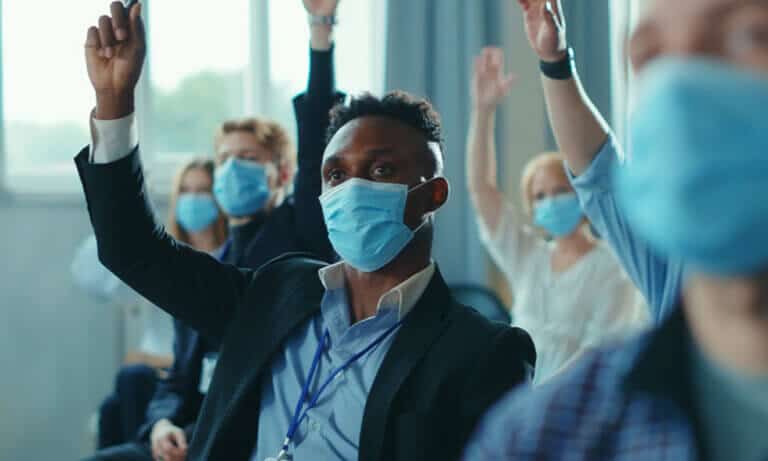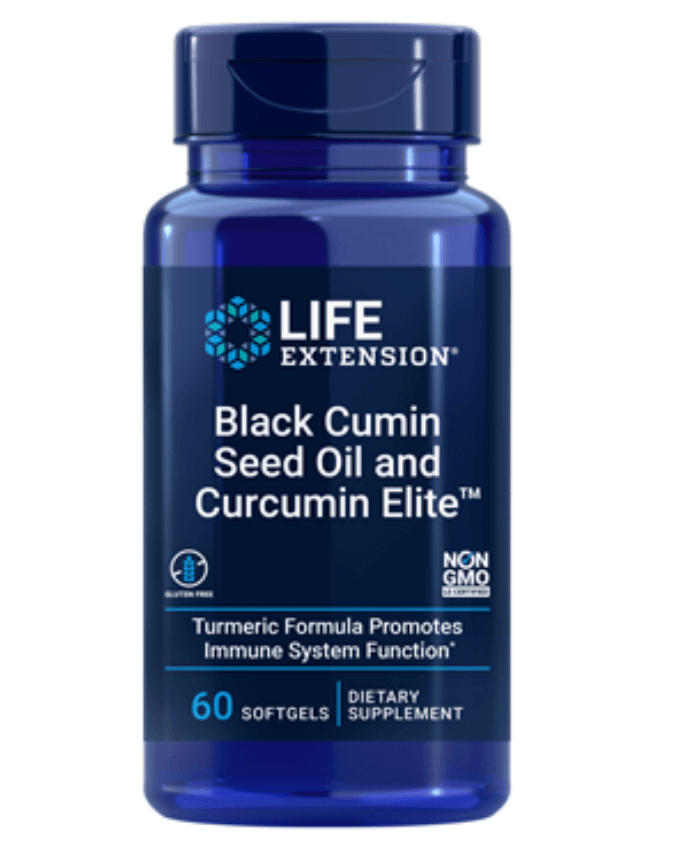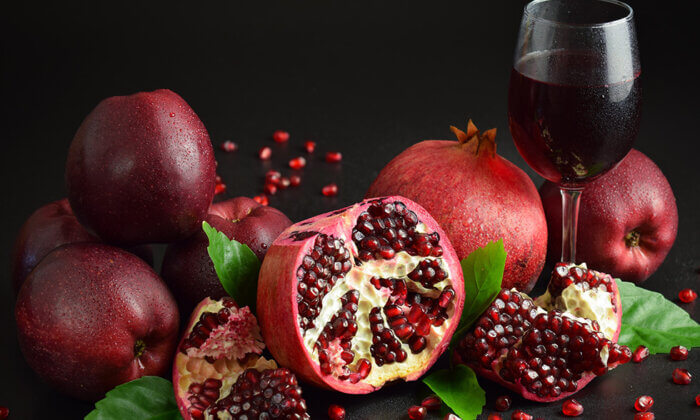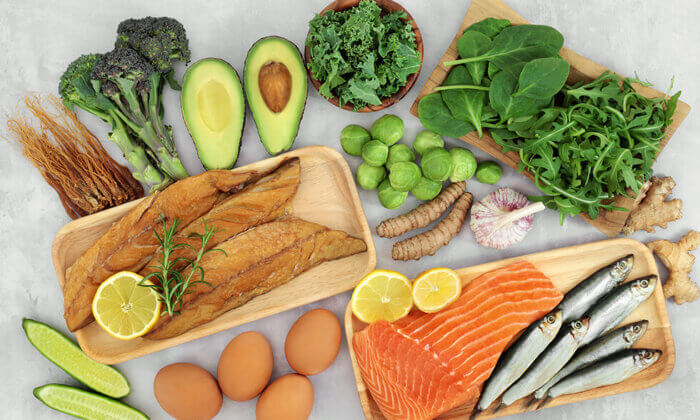10 Questions Everyone Wants to Know About Omicron Variant and the Pandemic’s Next Moves
| | Reading Time: 6 minutes

As we begin the third year of the SARS-CoV-2 Pandemic, now more than ever, my patients have lots of questions about the Omicron variant surge. They find the uncertainty unsettling. Here are my answers to the most common questions.
1. When Will It Be Over and What to Expect in the Months Ahead?
That isn’t easy to answer. There are multiple scenarios because no one knows the future of this pandemic. The most optimistic outcome in South Africa was that Omicron infected many people quickly and then faded fast. If that happens in the US, it may signal the pandemic ends. The best outcome is no more superinfections like with Delta and Omicron. In that scenario, Omicron infections will become rare by spring or early summer, there are no more surges, and the pandemic fades.
The worst case is that Omicron spreads faster, infecting nearly everyone. That might help reach the elusive herd immunity, but many experts advise caution, and so do I. An increased number of infected people allows more hosts to act as incubators for another mutation, perhaps more contagious than the current B.1.1.529 variant. A significant threat is a mutation that combines the possibility of severe infection with Delta and the easier transmissibility of Omicron. As of January 8, combined Delta and Omicron named “Deltacron” cases were diagnosed in Cypress.
However, the most certain scenario is that the pandemic will evolve into an endemic phase. That’s when most have been infected or vaccinated, and the virus becomes resident in the population. Infections in vulnerable individuals would continue, but most would be immune. To get there, we could have four more months of Omicron than an almost typical summer with ongoing, mostly milder infections. But stay cautious. I agree with Michael Osterholm of the Center of Infectious Disease Research and Policy, who said we are just at the “end of the beginning.”
2. Should I Avoid Gatherings and Post-Pone Air Travel?
Yes. Among my patients, most got COVID-19 during the holidays while at family or social gatherings. It only takes one asymptomatic person to infect a party. If you must attend a function, take precautions that feel right for you. Dine outdoors rather than crowded in a bar or busy restaurant. And meet with friends or coworkers at establishments with outside seating. Better yet, meet with friends outside for a walk. Though airlines have taken extra precautions to keep passengers safe, airports and cruise ships are high contact areas with an increased risk for infection. If possible, postpone non-essential air travel and reschedule your cruise.
3. Should I Still Wear a Mask?
Definitely, but upgrade your mask to an N95 or KN95 ventilator. These masks are more expensive but much better than surgical ones that offer nearly no protection from viral particles. Still, they’re better at screening out viruses. You can reuse them for several weeks. Buy enough stock and keep 2-3 out for daily use. Use a fine mist of 70% alcohol sprayed to the outside of the mask daily and keep them in a clean paper bag between uses. Change masks daily if you’re a healthcare worker exposed to patients.
4. What Should I Do If Exposed to Omicron Variant Infection?
If you suspect exposure or have known exposure, even if you don’t have symptoms, self-isolate as soon as possible. Let your friends and family know that you’re at home in quarantine. Inform your employer and coworkers that you may have been infected, and as a precaution, you’re staying home until the test results are completed. Start preventative therapies, take immune-supportive supplements, and rest. And take NAC and glutathione to help your respiratory system.
5. Are There Any Effective Treatments?
My first choice for patients is monoclonal antibody therapy. My patients have responded remarkably well to the monoclonal antibody cocktail by Regeneron for the Delta variant. But nearly all the monoclonal antibody treatments aren’t standing up to Omicron variant. Off-label drugs may help and include Ivermectin and fluvoxamine. Learn more from FLCCC. Be mindful that these drugs are not FDA-approved for COVID, so hospitals will not provide them to patients. Roger Seheult, MD, provides an in-depth review of fluvoxamine on YouTube. Though researchers have lowered expectations for the new COVID antiviral pills, Paxlovid (nirmatrelvir-ritonavir) and molnupiravir, they may bend the infectious curve in high-risk patients and those with severe infections. Steroids help and may be necessary to control critical illness during the acute inflammatory stage.

Natural therapies and supplements help. But you need to start early and take them consistently. Take vitamin D3, glutathione and NAC, and Quercetin. High-dose intravenous vitamin C and glutathione are helpful. Thymoquinone, the main active compound in black cumin seed oil (Nigella sativa), has the anti-inflammatory, antioxidant, antiviral, and immune protective effects needed to control a complex viral illness like COVID. It may work best combined with curcumin extract. Take with a teaspoon of raw organic honey.
Read more about Low Vitamin D level and COVID-19
6. Should I Get Tested?
Suppose you suspect exposure and at the first sign of symptoms. Get tested within two days if you can. You can use a rapid home test like BinaxNOW. But current rapid tests may not be sensitive enough to Omicron variant, meaning more chances of false negatives. Test daily at home for the first 2-4 days if you can. If you go to a testing site, I recommend rapid and PCR testing simultaneously. Test as soon as you can because Omicron is quicker to infect people than Delta or Alpha strains. You can have symptoms within a few days, and you’re most infectious the days before symptoms appear. Symptoms of Omicron are like Delta but usually milder. Record your temperature and specific oxygen percentage. Self-monitor at home if you get exposed.
7. How Long Should I Self-Isolate and When Should I Retest?
The current FDA recommendation is self-isolating for five days. That may not be long enough. However, if you need to go back to work, have a family to care for, or travel plans that you can’t rebook, get retested after five to eight days. If you test positive, continue self-quarantine for at least another five days and retest.
Most stop testing positive at ten days after the onset of symptoms. Mild to moderate infections have cleared mainly by then. But some will test positive up to six weeks, or longer, even without symptoms. That’s because PCR tests are so sensitive, they can pick up even a trace of the virus. A general rule is that if you have no symptoms after 10-14 days, you can return to normal if your rapid test is negative. PCR results can remain positive for months but don’t mean you’re actively infected. Tests are accurate and, and in most locations, are free.
8. Are Vaccines Helpful, and Do I Need a Booster?
Yes, they are. But effectiveness declines; that’s why boosters are necessary. Also, Omicron has more than 50 genetic variations making it less effective than current vaccines. But the Pfizer and BioNTech COVID-19 vaccine can neutralize the SARS-CoV-2 Omicron variant after three doses; the third full dose shot is the booster. Alex Sigal, a South African-based virologist, points out that the athematic of vaccine + vaccine + vaccine isn’t very satisfying. I agree. Vaccination plus prevention is the best approach. Moderna anticipates an Omicron-specific booster ready in the first quarter of 2022. Pfizer and Johnson are also developing Omicron versions of their vaccines. But Peter Marks, the FDA’s vaccine regulator, questions the need for another vaccine if Omicron passes through in a few months, followed by a new variant emerging. I realize the vaccination dilemma has been stressful for many.
I understand your concerns and respect your choice. Practice all the preventative recommendations in this article and my other posts. Take natural supplements. Prepare in advance to bend the infectious curve with immune-supportive supplements and preemptive medications.
9. How Long Does Immunity Last After Infection or Vaccination?
You get an immune boost after recovering from COVID and from vaccination. After infection, antibodies specific to SARS-CoV-2 last about six months. So, if you were infected and recovered in 2020, you could get reinfected in 2022. Vaccine protection wanes too, though not as much as from natural infection. A booster shot six months after your initial vaccination is the best possible protection. But gaps between natural infection and vaccination create vulnerability. And new variants may find ways to evade natural or vaccine-induced immunity.
10. Should I Get Infected and Deal With It?
No. There are a couple of good reasons not to expose yourself unnecessarily or voluntarily to infection. The first reason is if you are unvaccinated, you could have a severe illness. The other is that we don’t know if the milder Omicron variant carries a lower risk for Long COVID. You could infect other, immune-compromised people at a higher risk for severe disease.
Advice To Healthcare Providers and Common Mistakes Your Patients Make:
- They underestimate its seriousness, thinking that what helps treat a common cold like zinc and Echinacea will work on COVID-19.
- They embrace oversimplistic drug solutions like using Ivermectin as the sole option.
- They wait too long to start treatment.
- They lose time trying remedies on their own while their health rapidly deteriorates.
- They rely too much on the input of friends, the internet, and social media rather than experienced healthcare experts in viral diseases.
- They get suboptimal medical care because their primary care provider is not experienced enough with infectious viral pandemic disease and not up to date on treating you safely and effectively.
- Help your patients become immunologically resilient through education online and with handouts in your office.
- Offer more options for telehealth consultations.
- Produce a YouTube video to present your COVID policy and treatment options.
Dr. Williams has more than 30-years of experience practicing integrative natural therapies with an emphasis on chronic latent viral diseases. He is the author of VIRAL IMMUNITY (2002) and BEATING THE FLU (2006), about pandemic influenza. At the onset of the current pandemic, in an article on Medium, he characterized it as an expected but highly uncertain event. Uncertainty remains the keyword for this stage of the pandemic, just as it was two years ago. Early in 2020, he advised we should “bend the curve” rather than trying to crush it. That’s his same advice now: learn to adapt, become resilient.


